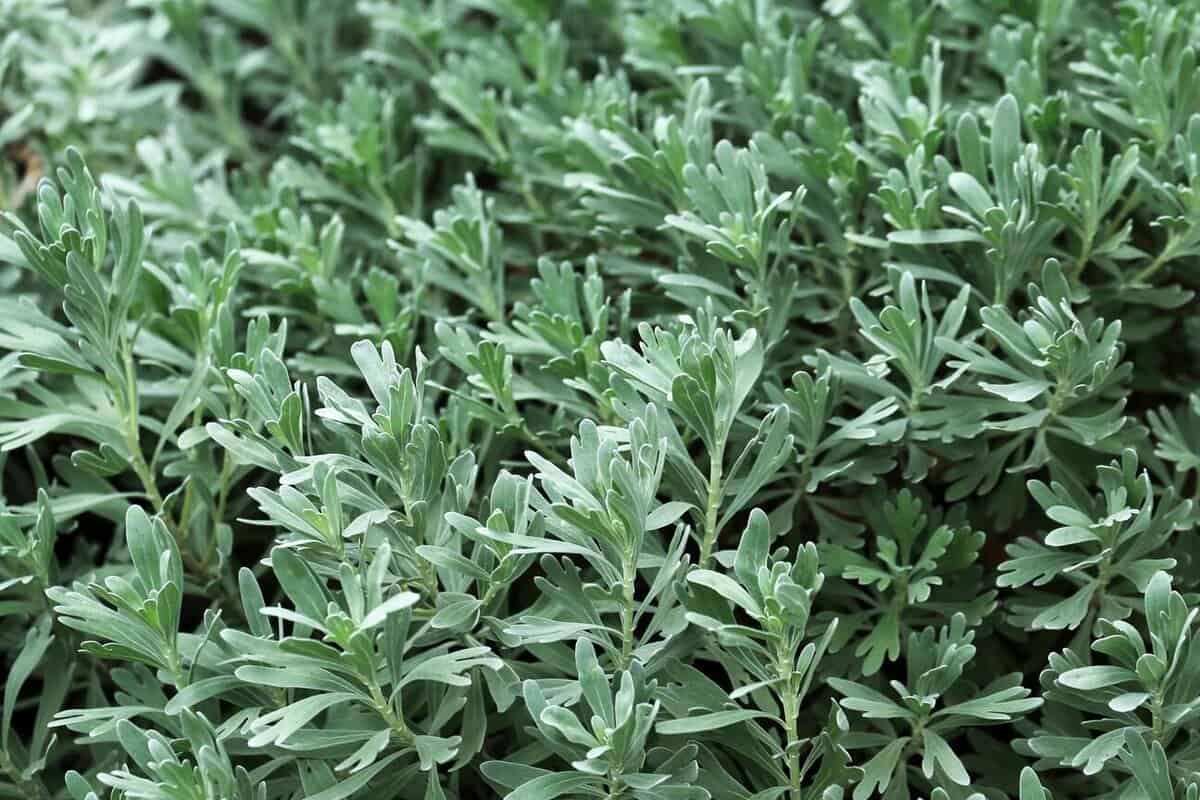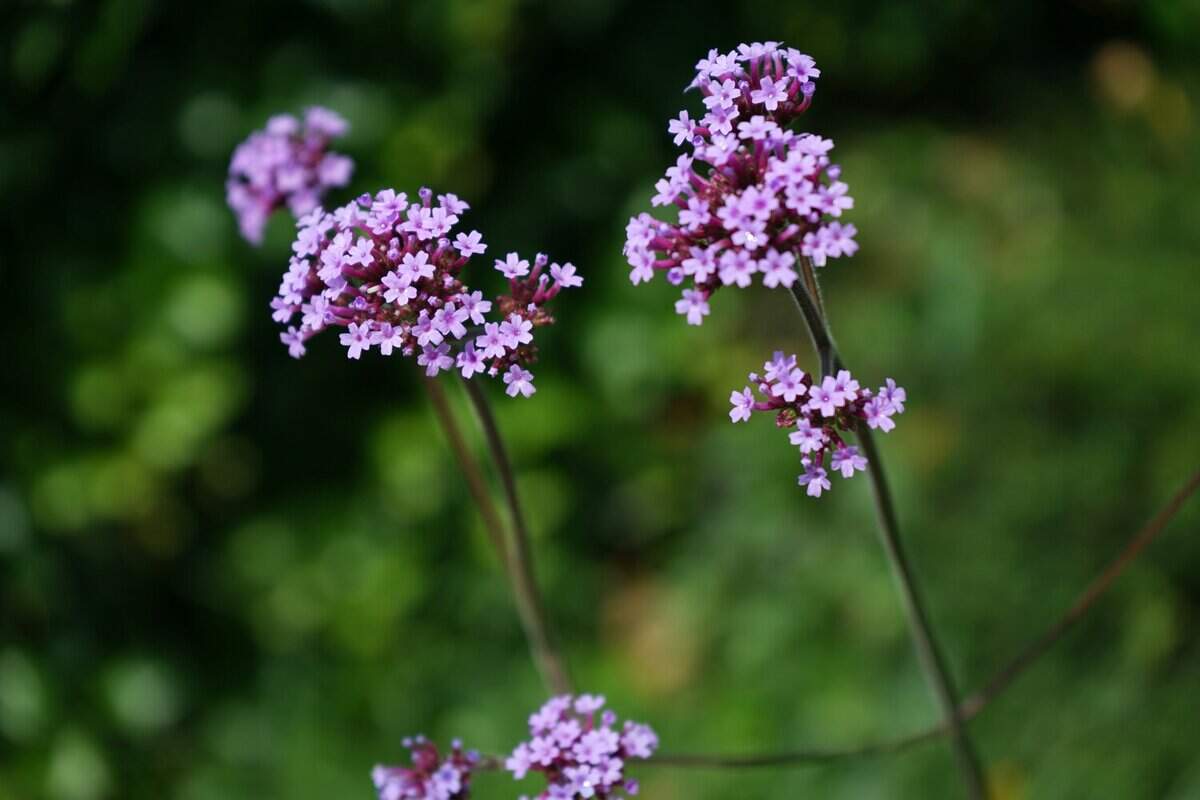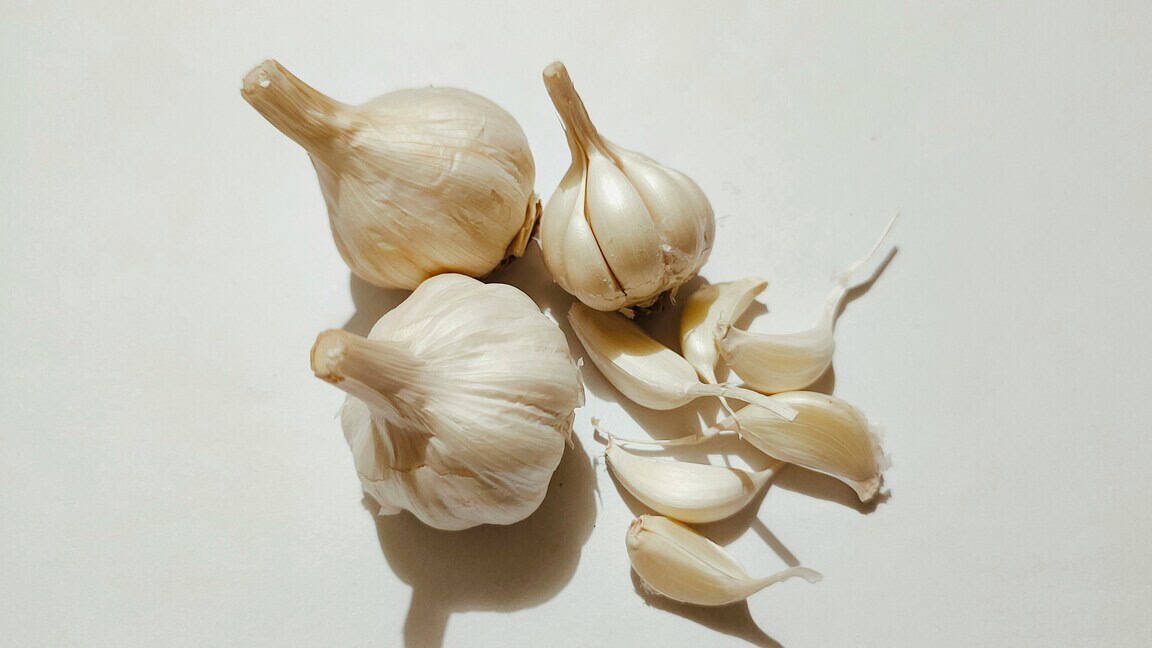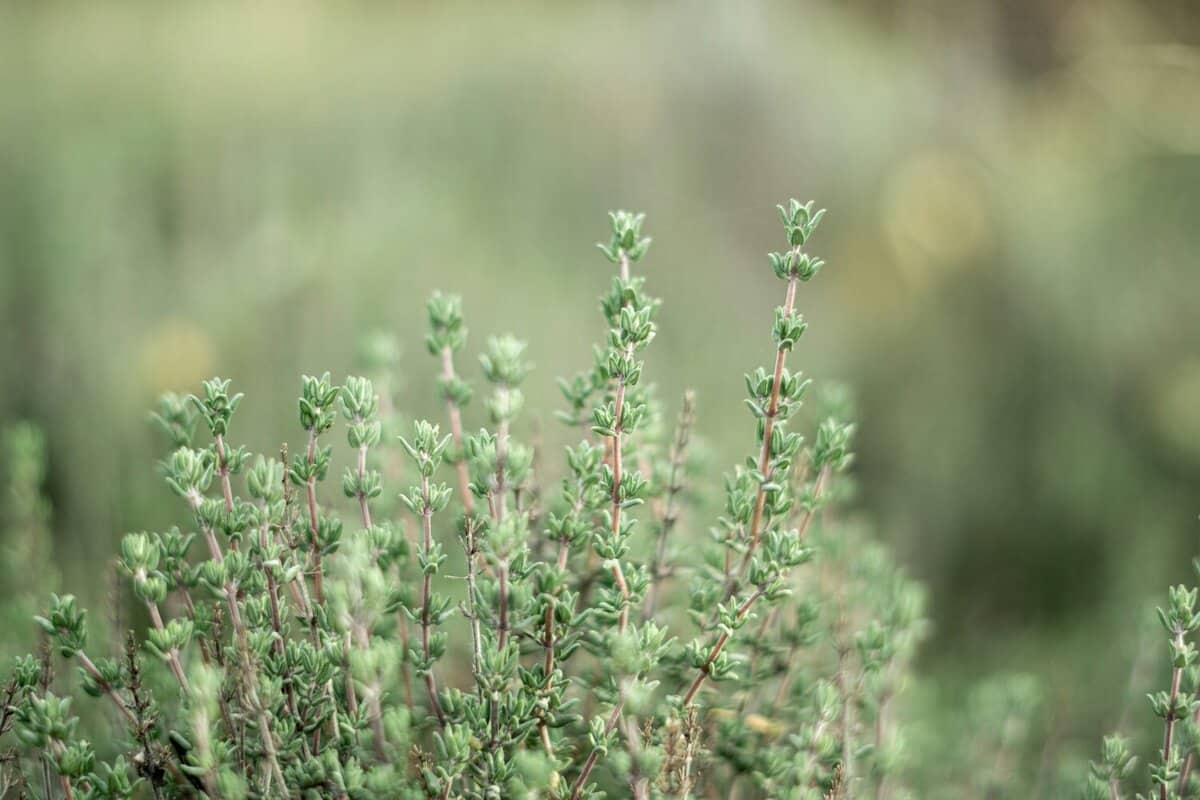When it comes to saying the final goodbye, people have long turned to nature’s holy herbs to guide and protect the spirit on its journey beyond.
These plants are more than tradition – they’re silent guardians, whispering secrets of eternity and keeping the spirit of the deceased safe from wandering or harm.
Each one of these herbs carries its own mystical story, blending the earthly with the spiritual.
Let’s get to know these 8 sacred herbs and uncover their deep meaning in funeral rites.
1. Rosemary for Remembrance
Rosemary is one of the most beloved holy herbs, and it’s associated with remembrance among other things.
Its scent is sharp and fresh, like a whisper from the past, helping loved ones hold onto memories of the departed.
In ancient times, rosemary was sprinkled on graves and used in funeral ceremonies to honor the deceased.
It’s believed to carry the soul’s essence back to those left behind, anchoring their spirits in the realm of memory.
Beyond that, rosemary acts as a gentle shield, keeping the spirit protected from wandering too far or getting lost.
Its evergreen reminder reminds us that love and memory are everlasting, which is a comforting thought when we must say goodbye.
2. Wormwood to Purify and Keep Spirits at Bay
Wormwood is a herb with a bitter taste and a holy place in Slavic funeral traditions.
Its smoky scent is thought to keep restless spirits at bay, creating a boundary between the worlds of the living and the dead.
When used in rituals, wormwood purifies the air, clearing away any lingering negativity or dark energy that might cling to the soul’s passage.
It’s a quiet gatekeeper, warding off unwanted spirits and entities that might try to follow the living home.
The herb’s bitter essence also symbolized the cleansing of grief and sorrow, helping mourners release their pain.
Wormwood’s slow, haunting aroma reminds us that death is a passage, and only purity and peace can guide the soul safely onward.
3. Myrtle: From Weddings to the Final Farewell
Most people think of myrtle as a symbol of love and weddings, but it’s also deeply rooted in funeral traditions.
Its fragrant leaves and delicate berries symbolize purity, innocence, そして lives unlived – those sweet hopes and dreams that never fully blossomed.
In funerals, myrtle is used as a holy herb that honors the purity of the soul.
Its presence reminds us that even in death, there’s a kind of gentle grace, a hope for the soul’s peaceful journey.
Myrtle’s slow, sweet scent carries the memory of innocence and the promise of renewal.
It’s a sacred lullaby for the soul, guiding it gently into the beyond.
4. Juniper for Hope and Rebirth
Juniper berries are tiny, dark, and full of mystical promise.
Evergreen branches – symbolizing eternal life – were often placed in coffins, and juniper berries played a part in that holy ritual.
They symbolize hope, rebirth, and the eternity that lies beyond death’s veil.
The evergreen’s resilience and juniper’s deep aroma serve as a promise that life doesn’t truly end but transforms.
When placed in or around a coffin, juniper berries whisper of renewal, reminding us that death is just a new beginning.
Their calming scent invites the soul to rest peacefully, knowing that rebirth and eternity are just a breath away.
5. Verbena to Prevent Lingering
Verbena is a holy, gentle herb with a calming power that’s believed to help keep the soul from lingering in this world.
Its sacred presence in funeral rites acts like a spiritual boundary, ensuring that the departed’s spirit moves smoothly into the next realm.
Verbena’s calming aroma is thought to soothe restless spirits, preventing them from wandering or clinging to the earth.
It’s like a soft hand guiding the soul away from attachment and back into eternity.
When used in purification rites, verbena creates a sacred space, making sure the transition is gentle and complete.
Its tender energy reminds us that death is a passage that leads to peace.
6. Garlic Against Vampirism
Garlic might be best known for warding off vampires, and for a good reason.
In old Slavic funeral traditions, it ensures that the departed doesn’t return as a restless spirit or a vampire.
Placing garlic under their tongue was thought to prevent the soul from lingering or coming back in a dark, undead form.
Its pungent, protective energy acts like a holy barrier, sealing the door to unwanted manifestations.
Garlic’s strong aroma also purifies the body, warding off evil spirits and cleansing the aura of the deceased.
It’s a quiet, mystical safeguard. It keeps the spirit’s journey clear and protected.
7. Marjoram and Thyme for Clarity
Marjoram and thyme are like twin guardians in funeral rites, used to wash and prepare the body for its journey.
Their fragrant oils are believed to bring purity and clarity to the soul, helping it shed earthly ties and move into the next realm with ease.
Marjoram’s warm scent offers comfort, while thyme’s herbal aroma clears away confusion and darkness.
Together, they create a holy cleansing ritual, washing away sorrow and attachment, leaving behind a pure, peaceful spirit.
Their presence in funeral rites whispers a promise of clarity and renewal, helping the soul transition smoothly.
8. Red Poppies for Eternal Sleep and Remembrance
Red poppies are soft, delicate, and full of mystic symbolism.
Their bright, slow-moving blooms are a gentle reminder that life’s cycle continues in quiet, eternal sleep.
In many traditions, poppies symbolize restful, peaceful sleep.
Placed on graves or used in memorials, this holy herb whispers of remembrance and the sacred space where the soul rests.
They’re a tender reminder that love and memory are immortal, cradling the soul in peaceful sleep that awaits rebirth.
A little Aquarius, devoted to writing and embroidery. Through my writing, I hope to empower readers to align with their true selves and navigate life’s mysteries with confidence.









